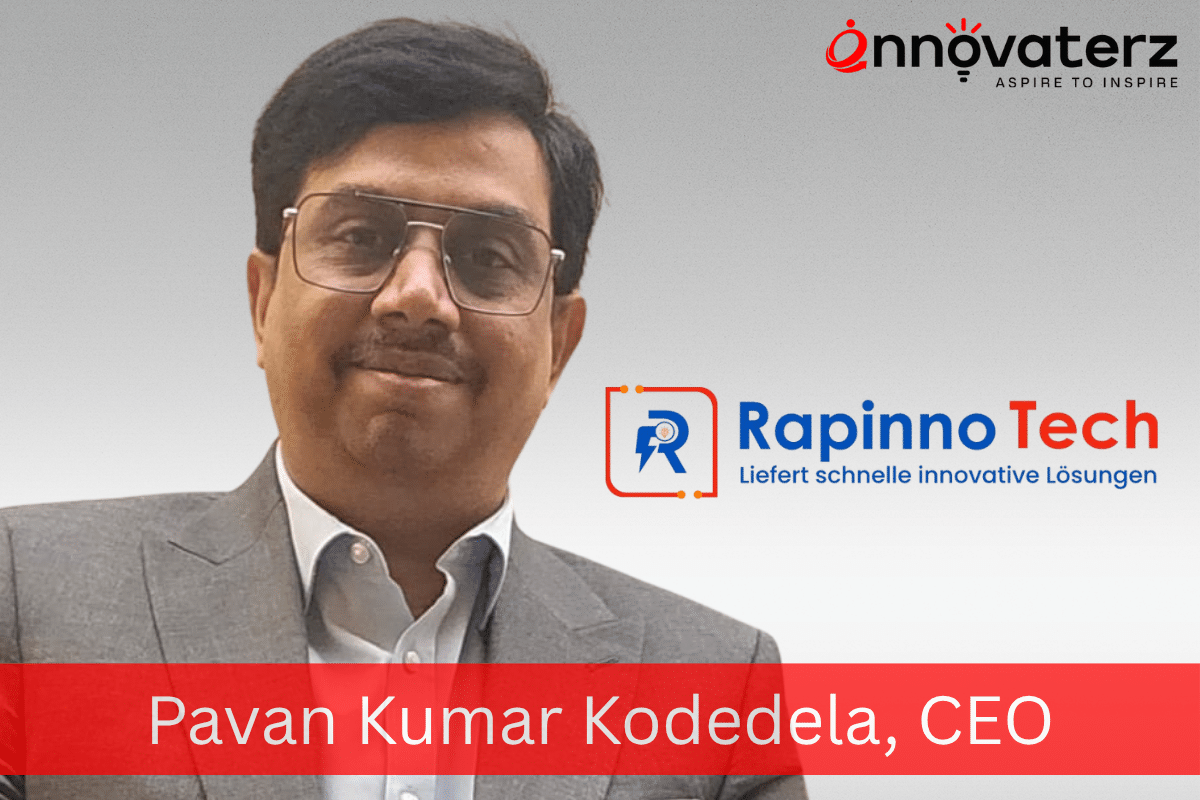Why Sound Change Management Strategies Build Lasting Transformation
At Ennovaterz, we recognize that true progress emerges from combining digital tools with purposeful change management strategies. When organizations pair strategy with human-centered guidance, digital transformation change management becomes an enabler of sustainable success.
We frequently explore how intelligent automation, AI-powered workflows, and enhanced dashboards are transforming operations, from engineering support tools to ticketing upgrades. Yet, the success of these tech-led initiatives hinges on how teams adapt and integrate them through intentional change management strategies.
Anchoring Change Across the Organization
We believe that effective organizational change begins with clarity, empathy, and structure. At Ennovaterz, we emphasize that digital transformation change management must begin with shared purpose, without it, even promising innovations stall.
Consider our coverage of Adyen Uplift, which optimizes payments with AI, real-world innovation that succeeds not from hype, but from alignment with broader business strategy. Likewise, the deployment of AI assistants for field engineers demonstrates how tools add value only when teams are prepared to integrate them into regular workflows.
These insights reinforce that leading organizational change, supported by strong change management strategies, bridges technical innovation to meaningful outcomes.
Pillars of Digital Transformation Change Management
Across all industries, successful change relies on several core principles:
1. Leadership That Models Transformation
Digital change management starts with purposeful leadership. When executives engage openly and consistently, they reinforce commitment at every level. Supportbench’s shift in ticketing requires not just AI but coordination, training, and monitoring to be embraced by support teams.
2. Clear Vision and Ongoing Communication
Change without context feels like disruption. At Ennovaterz, we share how ongoing dialogue, transparent reporting, and shared goals anchor transformation. Storytelling, like Visionary Voices and Mindshare Moments, helps frame innovation in human terms.
3. Inclusive Participation
When teams are invited to contribute, through feedback loops, pilot involvement, or shared decision-making, they become allies of change. Centers of Excellence and peer-led initiatives nurture trust and accelerate cultural shifts that drive digital transformation change management.
4. Learning as a Cultural Habit
Change isn’t an event. It’s a habit of learning. We highlight how intelligence-driven tools, when complemented by accessible knowledge sharing, become sources of empowerment, not confusion.
5. Gradual Adoption, Not Overwhelm
Incremental rollout strategies, grounded in team readiness and capacity, reduce resistance. This approach supports effective organizational change and mitigates disruption when implementing new systems.
6. Cross-Functional Collaboration
Innovation does not belong to any one department. Collaboration among IT, operations, business units, and end-users ensures alignment, smooth onboarding, and meaningful outcomes throughout transformation.
7. Feedback Loops and Measurement
Tracking adoption, satisfaction, and performance turns change management strategies into living systems. Iterative improvements keep momentum alive and build confidence across teams.
8. Capability Building for the Future
Technology moves quickly, and people must keep pace. We emphasize intentional skill development and knowledge-sharing to sustain transformation and prepare for what’s next.
Bringing Change Management Strategies to Life
We envision a change process that integrates innovations with human systems:
- Establish a shared vision for change across leadership and teams.
- Engage teams early through inclusive dialogue and structured feedback.
- Facilitate phased adoption with practical training and guidance.
- Monitor impact with metrics that matter, through reports or reflective discussions.
- Empower teams to adapt practices, tools, and norms through evolving needs.
This model makes change less about managing a project and more about shaping a culture that welcomes innovation.
Final Insights
At Ennovaterz, we see how technology can unlock productivity, trust, and creative potential when guided by intentional change management strategies. Implementing new tools is just the beginning, embedding them through empathy, clarity, and capability is where transformation takes root.
For queries, contact:














